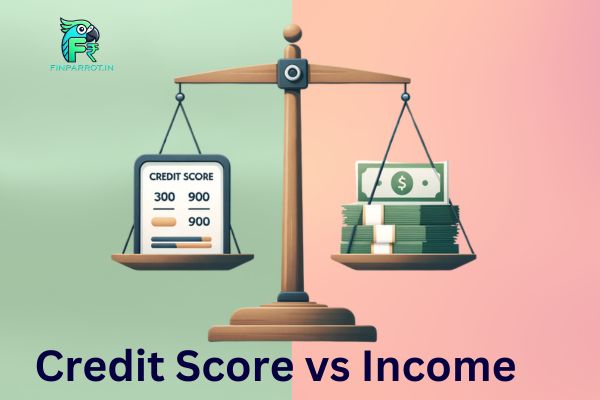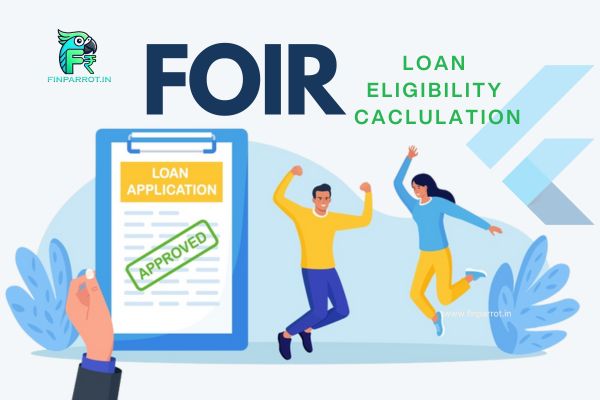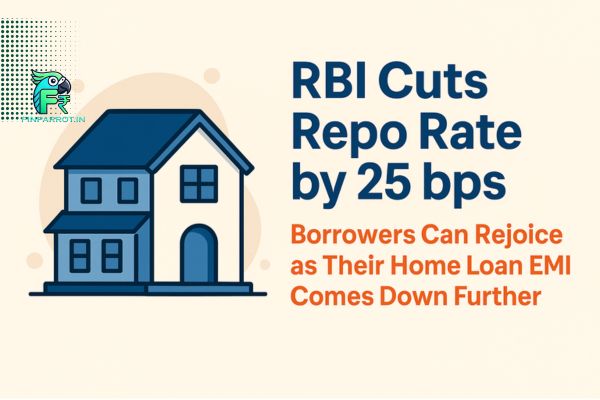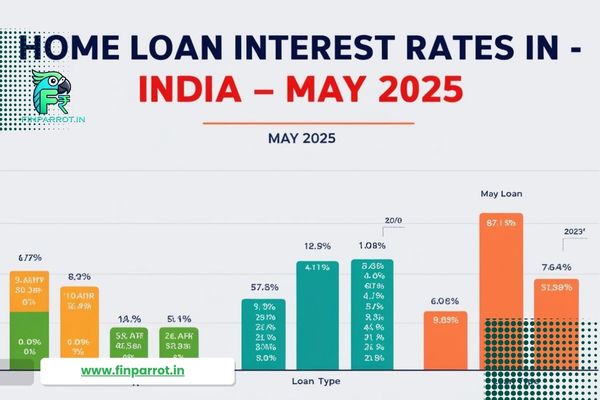Introduction
For first-time borrowers in India, validating your earnings is a crucial step toward obtaining financial products. Whether you’re pursuing an easy loan application online or aiming for personal loan instant approval, having the proper income documents builds lender confidence. In this guide, we outline 10 Essential Income Proof Documents for Loan Applications in India and improve your chances of success.
Struggling with CIBIL score? Boost it fast with smart moves – Click to read more
10 Key Income Proof Documents
1. Salary Slips
Salary slips are the cornerstone for proving monthly income. Lenders generally request slips from the past three to six months to assess consistency and reliability. Ensure they clearly display deductions, bonuses, and net earnings. Including accurate salary slips in your application helps reinforce your creditworthiness and increases the likelihood of personal loan instant approval.
2. Bank Statements
Bank statements detail the regular deposit of salary credits and track overall financial transactions, reflecting your spending habits and savings. They provide concrete evidence of consistent income flow and financial discipline. When included in your online loan application, these statements help lenders assess your ability to manage funds effectively. Digital copies accepted by most banks further simplify the process.
3. Income Tax Returns (ITR)
Income Tax Returns serve as comprehensive proof of annual earnings. Filing ITRs for the last two to three years offers lenders a robust view of your financial stability and income trends. Updated and accurately filed ITRs not only validate your income but also enhance your application’s credibility for personal loan instant approval. Regularly review and maintain your tax documents for hassle-free verification.
4. Employment Letters
An employment letter from your employer verifies your job status, salary package, and terms of employment. This formal document reassures lenders regarding your employment stability and income reliability. Including detailed employment information along with verifiable contact details strengthens the overall trustworthiness of your online loan application, providing a solid basis for approval.
5. Contract Proof
For individuals working on fixed-term or contractual agreements, a formal contract details your income terms, employment duration, and salary details. This proof of contractual engagement offers lenders clarity about your job security and earnings continuity. Attaching proof of your contract helps clarify your financial scenario during the loan evaluation process, thereby reducing lender risk.
6. Bonus Documentation
Bonus slips or letters that detail periodic bonus payments serve as an additional income source. Lenders value bonus documentation as it can boost your overall income profile and borrowing capacity. Always include officially verified bonus notifications from your employer with your application. These documents support a stronger credit case, especially when aiming for a swift personal loan instant approval.
7. Pension Statements
Retired individuals or pensioners should include pension statements to prove a steady post-retirement income. These statements provide lenders with verifiable evidence of regular income, enhancing the credibility of your loan application. A clear record of pension payments contributes to financial stability, which is highly valued during the loan assessment process.
Want a ₹10 Lakh business loan? Learn from real success – Read the story here
8. Self-Employment Records
Self-employed borrowers must furnish documents such as profit-loss statements, business bank statements, invoices, GST registration certificates, or business licenses. These records validate income in the absence of standard salary slips. Well-organized self-employment records, preferably supported by audited accounts, help lenders assess your business’s financial health, resulting in quicker approvals.
9. Audited Accounts
Audited accounts are professional financial statements verified by a qualified auditor. They provide an extra layer of credibility to your income data by confirming accuracy and consistency. Presenting audited accounts during your loan application process supports your overall financial narrative, making it easier for lenders to approve your application swiftly, especially for business-related loans.
10. Income Trends Analysis
A comprehensive income trends analysis using regular financial statements or cumulative reports demonstrates long-term stability and growth. Lenders value a documented history of rising or stable income as it reflects your long-term financial viability. Backing up income trends with reliable documentation can secure better loan terms and increase your chance of achieving personal loan instant approval.
FAQ Section
1. Why are salary slips important for a loan application?
Salary slips verify your monthly earnings and show consistency in income, which lenders trust for personal loan instant approval and other financing options.
2. How do bank statements support income proof?
Bank statements demonstrate the regular deposit of salary credits and reveal your financial discipline, helping lenders validate your income and spending habits.
3. Are self-employment records sufficient for income proof?
Yes, when combined with profit-loss statements and audited accounts, self-employment records effectively validate your income in the absence of standard salary slips.
Loan tenure impacts interest and approval. Know how it works – Explore full details
Conclusion
Providing robust income proofs—from salary slips to audited accounts—is essential for a successful loan application in India. Keeping these documents up to date not only strengthens your financial profile but also paves the way for a smooth online loan application process. Start preparing your income proof today and take the first step toward personal loan instant approval.
Not sure if you qualify? Use this quick eligibility calculator now.
Leave a comment below and subscribe for more financial insights. Disclaimer: This article is for informational purposes only and does not constitute financial advice.















